Recently when we were to visit our son and his family, I asked him if there was anything in particular that we could take across for our four year old granddaughter. “Ma, don’t get her things. She has enough. Think of what you can do along with her and get what you need for doing that.”
I delved into a four year old me, thinking of what I enjoyed then and what came up was a world totally alien to the one today.
I did not have TV, games on an iPad, gadgets of all kinds, but I had vivid memories of very happy times from my childhood. They revolved around people of whom I had specific memories.
Many memories stay with us through life
Each person had left a unique imprint and had his or her speciality – of telling wondrous stories, playing and creating exciting adventurous games, building little toy houses with bricks and cardboard and cooking the most delectable food items.
I also have good memories of people creating fascinating jewellery; moulding moist clay into all kinds of shapes and baking them; making wobbly paper boats and floating them in big puddles in rain.
Of climbing the guava and mango trees to pluck the juiciest of fruits; bathing the pet dog; and, of me getting thoroughly drenched when the dog gave a mighty wet shrug….……
A child then and a child now is essentially the same even if the setting is different. I could try and create happy memories of activities done together that were customized to just the two of us – which no television cartoon or iPad game could hijack.
Building Memories
That is exactly what I did – told her animated stories and got her to make book-marks with characters from those stories; played word games and encouraged her to tell me her wondrous stories of big stripy happy tigers that jumped down from the sky, to play with unicorns that needed parachutes to fly.
I then typed these onto my iPad and showed her. I made crepe-paper flowers with her and arranged them in empty juice bottles; and also baked peanut cookies which she shaped into little bunnies, carrots and flowers with cookie cutters.
In short we hopefully created pleasant memories which will be filed away in her “mind-book of childhood remembrances”.
Memories that will give her succour when, as an adult, she takes a quiet moment to revisit and reflect on the years gone by.
Visual Memories and associated emotions
In fact, today when I look back at my life, decade by decade, what I see are a string of visual memories and feel the emotions associated with them. Visual memories are capricious and have a habit of changing form and time.
But the associated emotion, happy or not, can still give a tug. A familiar aroma from our past, associations with a song, feelings tied to places, perhaps a rocking chair……They are sources of comfort.
If not a source of comfort, they are a source of learning and acceptance; of the many different threads in the tapestry called life. Memories of trials and tribulations stay as red flags somewhere in our minds, acting as guides in later life.
Many of us struggle with some memories and have difficulty dealing with them, processing them and in some way healing them. They tend to make us feel stuck and hinder us from embracing and enjoying life in the present. There are choices open to us and each one must decide what to do.
Thus, memories become resources for us, that we can access and use in the calm or turbulent waters of life.
Importance of Memories
Imagine a time when you lose all your memory from your phone. No tap of a button to read your messages, view your photo gallery or check your email. You feel a little lost, right? And disconnected too!
Now imagine waking up one morning and realising that your own memory has been wiped clean. You try desperately to remember your own name, the numbers or the letters of the alphabet, what you ate for dinner the night before….it is all lost to recall.
What would you feel? Utter helplessness; a sense of vacuum, where you are floating around in nothingness with no anchor. Right? It would be quite terrifying, actually.
1. Memories create our sense of identity
Our memory and what meaning we make of our stored experiences, constitute who we are. I may have grown up spending a lot of fun-filled time outdoors and look for opportunities to do the same later.
On the other hand, a traumatic memory associated with exploring the outdoors will possibly make me very cautious of it later in life.
Our personal memories and how we have interpreted them, give us a sense of identity. It is our knowledge and our ‘felt’ emotions base that provide stability and continuity.
2. Our memory bank as a DNA
Every person’s memory bank is almost like one’s DNA. Because no two persons’ memory ‘chip’ will have exactly the same data.
There is a feeling of ownership that we feel. Each of us has unique memories and narratives depending on perspective and processing even if we go through the same experience.
3. Memories form a web
Memories get attached to other memories and form a web. Memory of an incident is often linked to a person, a place, a certain time of day or season; and we get access to a complete mosaic.
When we are feeling low, positive memories can help us appreciate the good things that have happened; and understand that there is a balance in life.
4. Memories as a feeling of social connect
They give us a feeling of social connectedness when we discuss and share memories.
Sharing memories of school or college days with friends, recalling incidents at family get togethers with relatives, exchanging favourite songs of a particular era….. we can keep adding to the list.
We ‘lock’ memories in pictures and videos and looking at them later helps in remembering those who may no longer be with us anymore.
5. Memories as a knowledge base
There is also the pure academic aspect. What we learn as we grow becomes our knowledge base, our foundation stone to build upon and grow further.
If our interest in a subject is deep and we find it meaningful, chances are that we will remember it better and faster. The advantage is that it can be erased or worked upon, if later learnings disprove what we have learnt and remembered previously. So the content in this memory file can be updated.
6. Memories as a fountain of life
Poetically put, our cache of memories is our fountain of life, which we dip into to build the present and the future. They can be a driving force for hopes, values, self image, sense of purpose and confidence. If we notice an unhelpful pattern in our memory bank, of how we respond to certain situations, we might wish to improve upon it and work towards changing it.
What we need to be careful about
- Accept that memories are just that – meaning, that they are a blend of facts and figments of our imagination. And they are fluid. They change, fade and we might give them a fresh coat of paint which might be close to the original event, but not an exact replica.
- Rigidity in claiming that our recollection of something is the only authentic one, leads to unnecessary tension and disagreements. Each person remembers it from his or her experience of it; and that is fine.
- We cannot get so attached to memories that we simply live in the past and forget to get on with the present. Change is said to be the only constant; and, the faster we accept this, the better it will be, for our mental health.
- We sometimes tend to glorify the memories of past events and give them attributes, which in all likelihood is not the complete picture. “In our times, things were so much better. People were kinder, more honest. Today we only see selfishness all around…” Sounds familiar?
- The reverse is also true. In our memory we may make past events appear to be much darker than they were; and end up putting ourselves in the victim position.
A memory is a thing of the past. We experienced something in a different time and place. It cannot be recreated in the present in the exact same way. Expecting to have the same experience and feel the same feelings, almost always leads to disappointment. Keep the two distinct.
We might have a childhood memory of really relishing a particular dish in a restaurant. We visit it years later based on that memory; and hope to have the same thrill. Years have passed by, we may have eaten similar dishes in other places, our preferences may have changed subconsciously, the taste buds and our minds may have got jaded with age and the ability to have a magical experience may have diminished.
Even our hunger pangs may be quite different from the time we tasted it first. Quite obviously chances are that after having the meal we will say, “Oh, the quality and taste is no longer the same as it used to be. It would have been better to just remember the taste as it was.”
How would we like to be remembered?
Finally we come to the logical question at the end of this article. How would we like people to remember us?
Life is a continuous process of creating and generating memories. For us, it would be good to live today in a way that, we minimise regret of its memory tomorrow.
To a large extent, what memories we create of ourselves, in the lives of those we interact with, is up to us.
Please do leave your comments at the bottom and do share with others if you like this article.


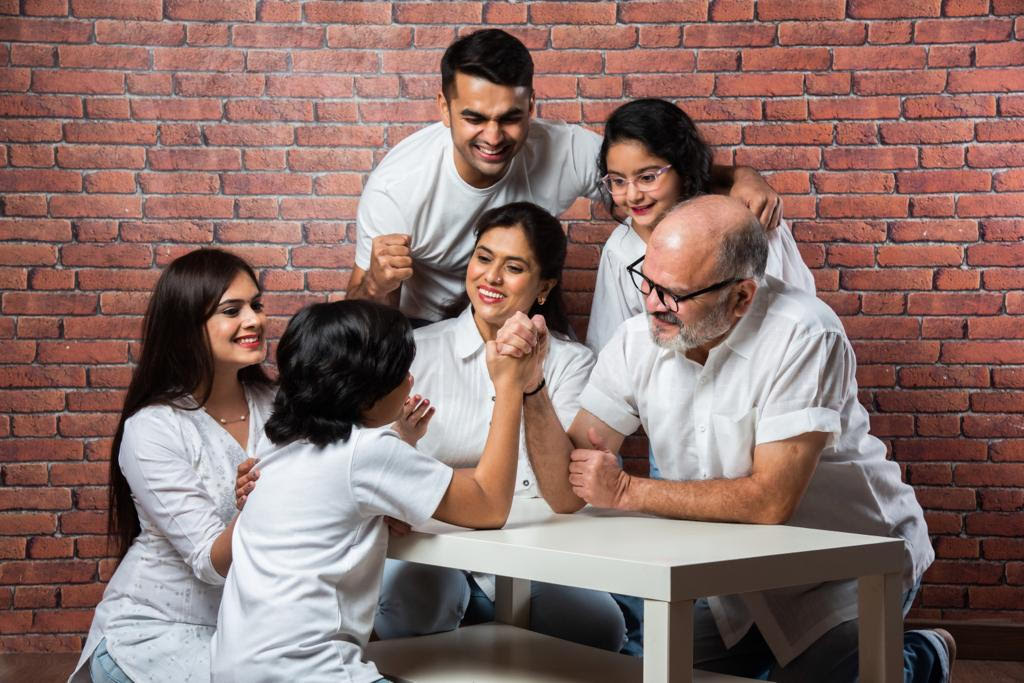
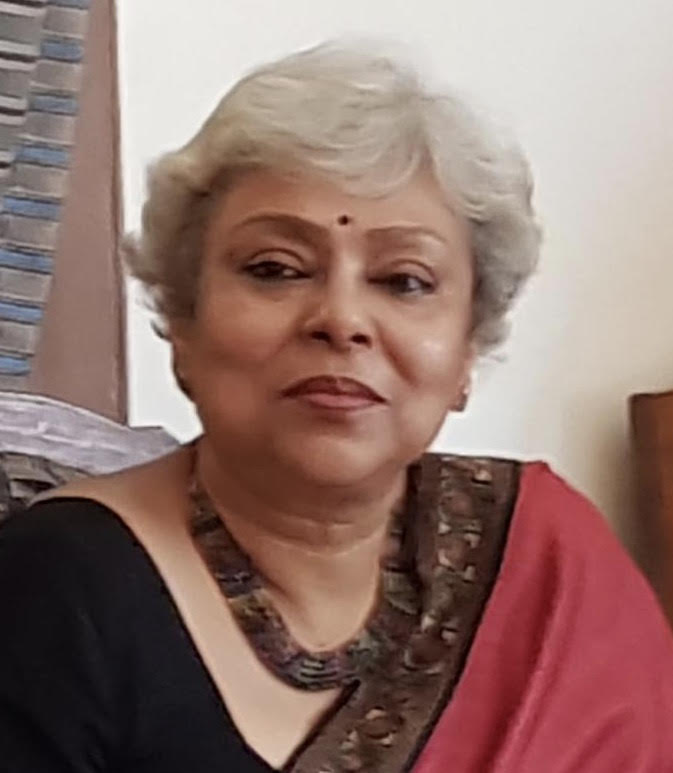




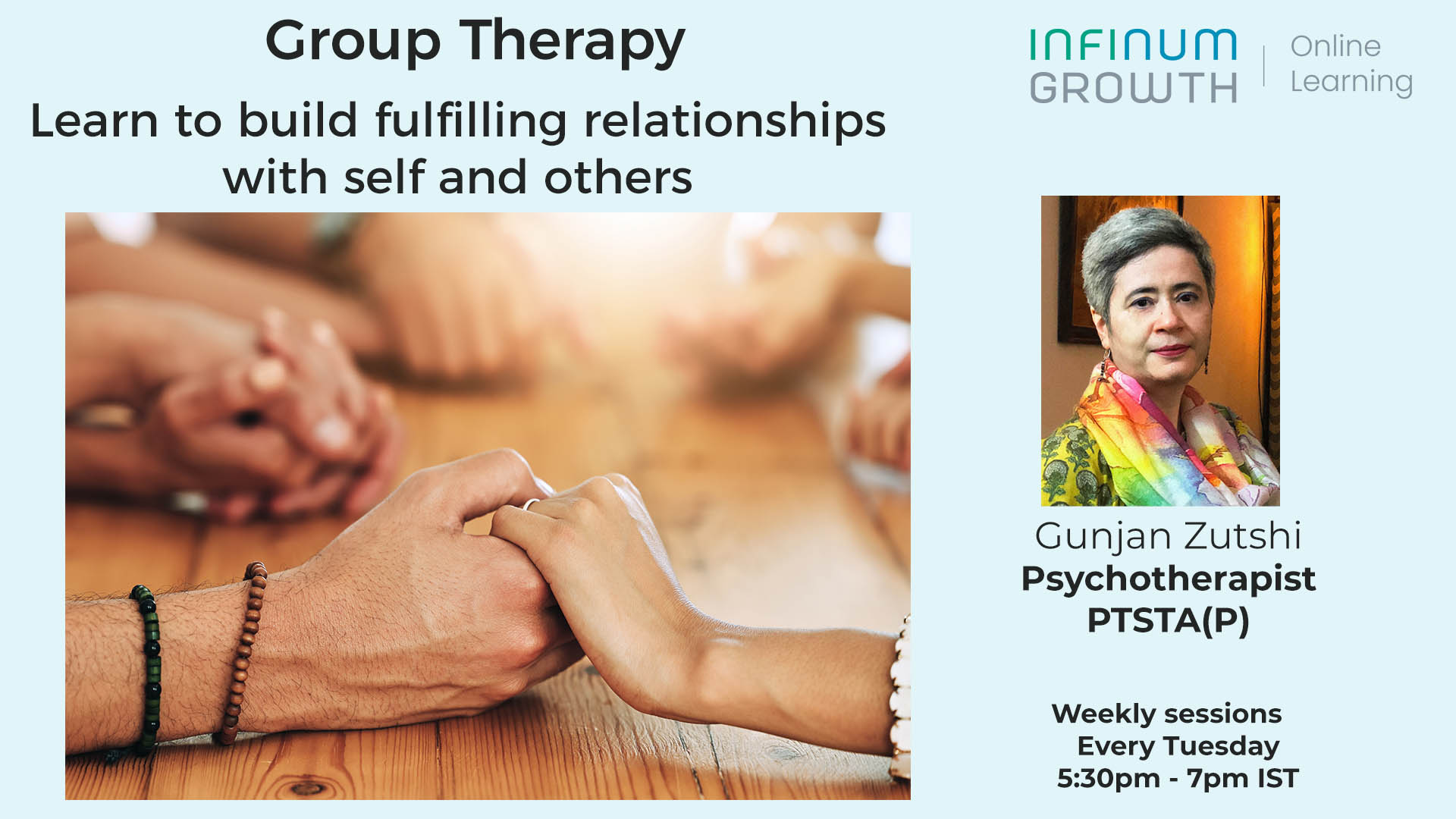




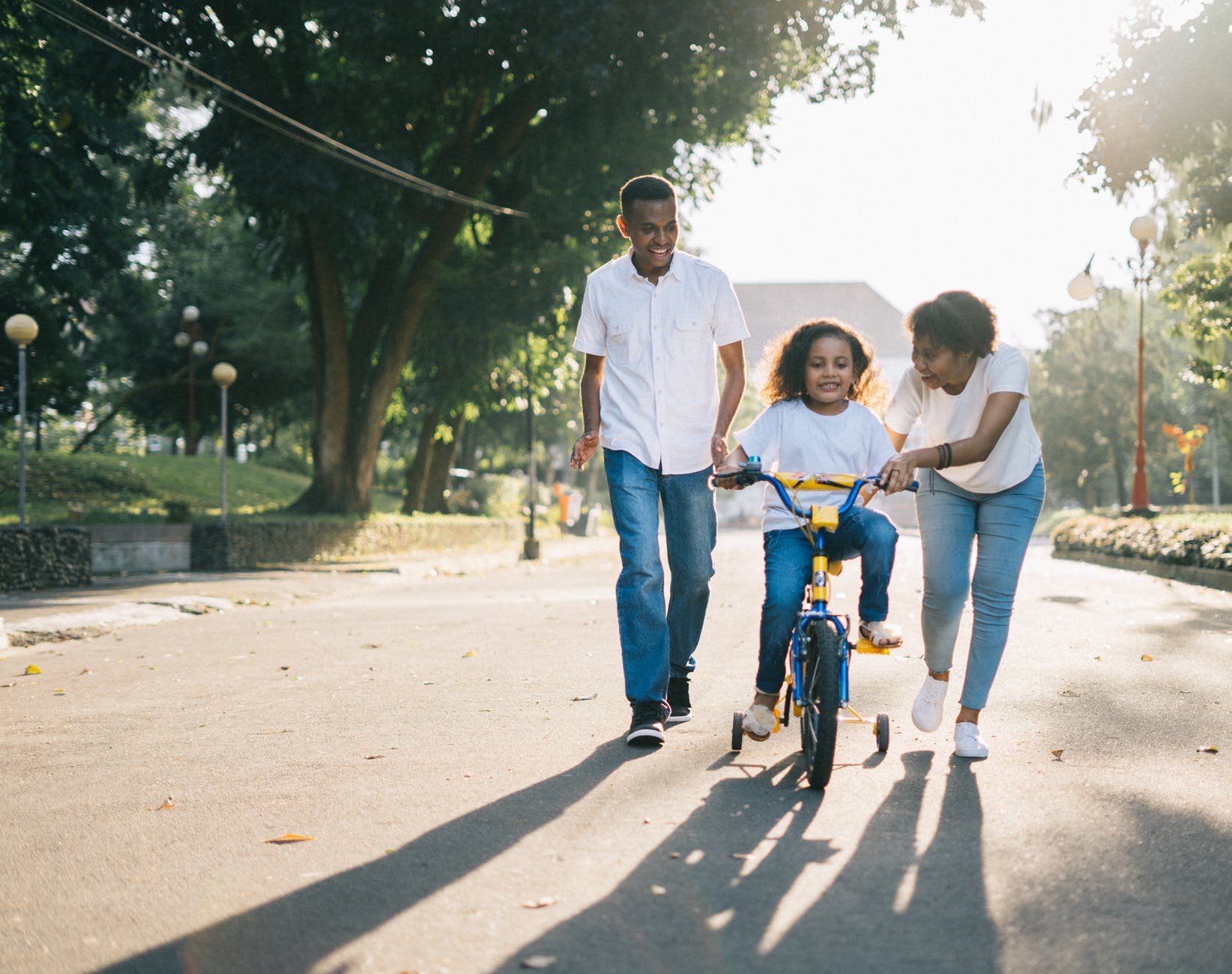
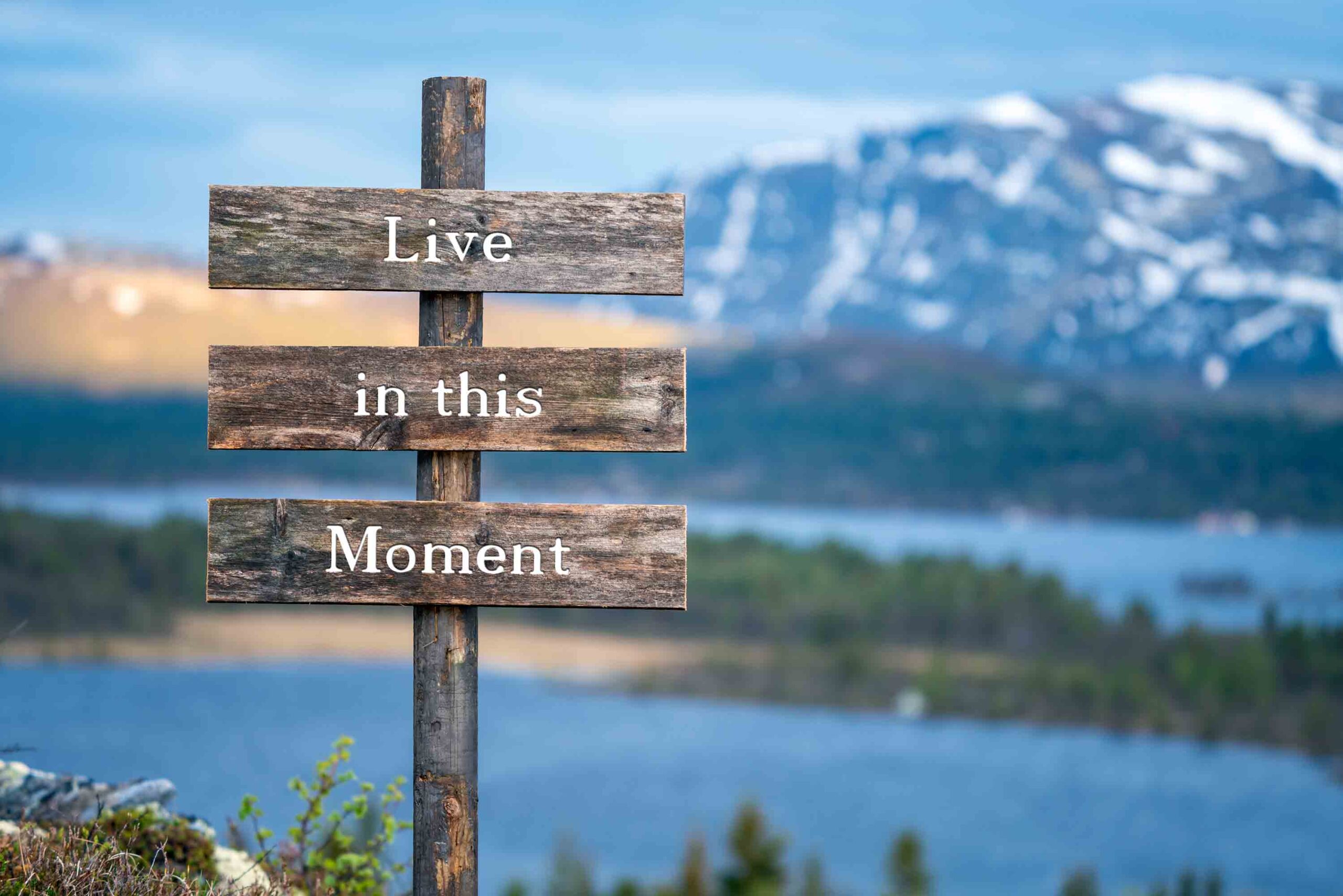
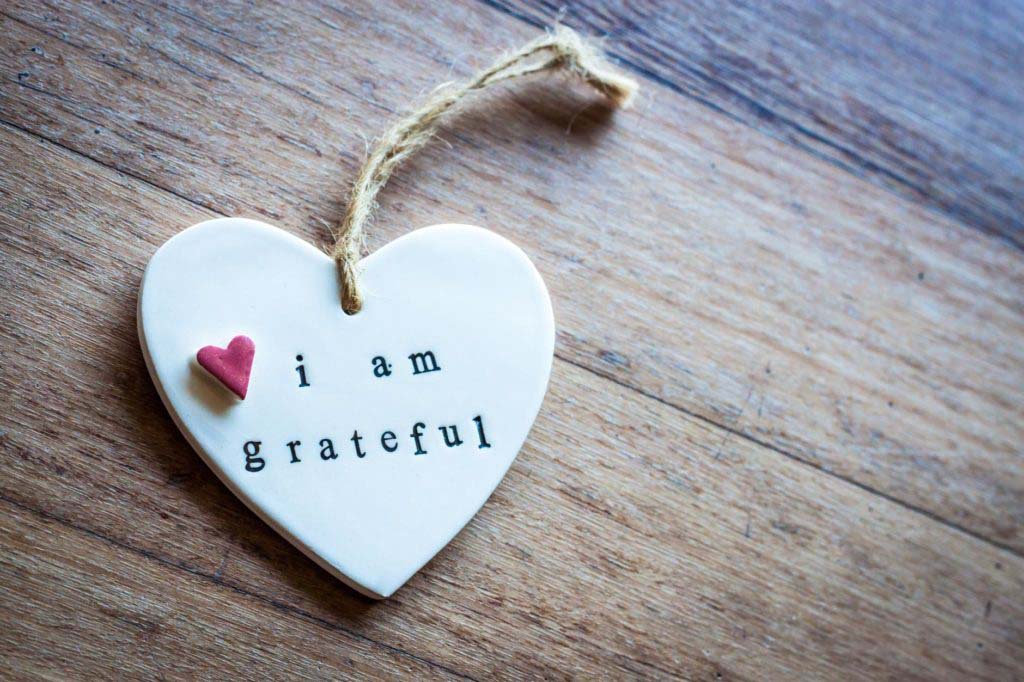
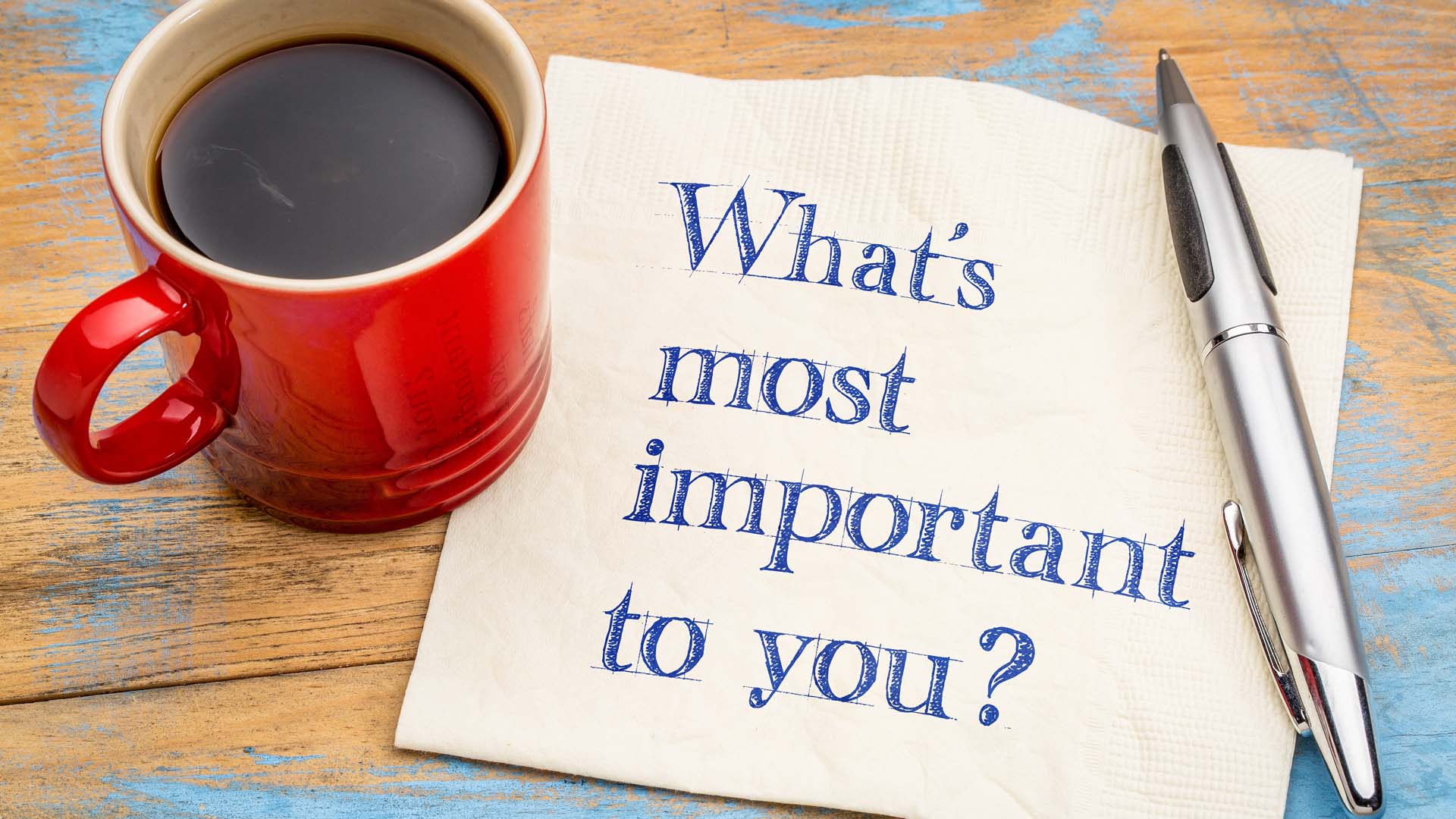


Good read. Can relate to what you have written with my childhood memories. Life was simple – yet challenging , creative and enjoyable
I feel that children should be exposed to a lot of fragrances, aroma and flavour
It often it happens to me : if I suddenly get the smell of real jasmine flowers : I am immediately transported to a place and time 46 years ago !